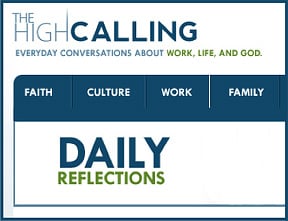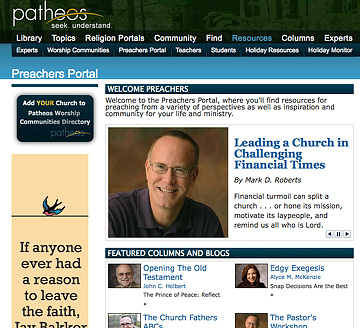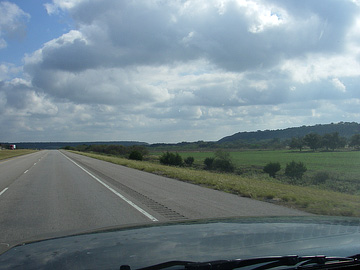Standing On Solid Ground
Now I stand on solid ground,
and I will publicly praise the LORD.
PRAYER:
My hope is built on nothing less
Than Jesus’ blood and righteousness;
I dare not trust the sweetest frame,
But wholly lean on Jesus’ name.
Refrain:
On Christ, the solid Rock, I stand;
All other ground is sinking sand,
All other ground is sinking sand.
When darkness seems to hide his face,
I rest on his unchanging grace;
In every high and stormy gale,
My anchor holds within the veil.
His oath, his covenant, his blood
Support me in the whelming flood;
When all around my soul gives way,
He then is all my hope and stay.
When he shall come with trumpet sound,
Oh, may I then in him be found;
Dressed in his righteousness alone,
Faultless to stand before the throne.
Amen
(This hymn, called “My Hope Is Built” or “The Solid Rock,” was
written by Edward Mote in the early nineteenth century. He called it
“Gracious Experience of a Christian.” It joyfully proclaims our
standing upon the rock, who is Christ, and who is our righteousness. The
words are in the public domain.)
_________________________________________________
 Would you like to receive a Daily Reflection like this one in your email inbox each morning?
Would you like to receive a Daily Reflection like this one in your email inbox each morning?
Here’s how . . . .
This devotional comes from The High Calling: Everyday Conversations about Work, Life, and God (www.thehighcalling.org). You can read my Daily Reflections there, or sign up to have them sent to your email inbox each day. This website contains lots of encouragement for people who are trying to live out their faith in the workplace. The High Calling is associated with Laity Lodge, where I work.


We don’t know the exact context for Psalm 26. It could be that David
was impressed with the evil around him and wanted to recommit himself to
God and God’s ways. Or, perhaps David was being accused of things like
lying and hypocrisy and wanted to defend himself before God.
Nevertheless, in Psalm 26 David contrasts his faithfulness to God
with the sinfulness of those who betray God through their actions:
liars, hypocrites, evildoers, the wicked, sinners, and murderers
(26:4-5, 9). Unlike these people, David has lived with integrity, loving
the sanctuary of the Lord (26:1, 8). Yet, what might seem like boastful
pride in his own righteousness is qualified in verse 11 when David
prays: “So redeem me and show me mercy.” He needs God’s help if he is to
live a life of integrity.
Psalm 26 concludes: “Now I stand on solid ground, and I will
publicly praise the Lord.” The Hebrew word translated here as “solid
ground” is mishor. It can refer literally to a “level place” or “plateau” (for example, Deut. 3:10). Yet mishor
has, in biblical Hebrew, a metaphorical sense of righteousness or
justice. For example, in Malachi 2:6, God says that the Levites “lived
good and righteous lives.” Psalm 67:4 celebrates the fact that God
governs the nations “with justice.” Both of these verses use the word mishor.
Thus, in the final verse of Psalm 26, David proclaims that he stands
on the “solid ground” of righteousness, the result of God’s mercy in
his life and that which is demonstrated in his rejection of evil and his
love for worshipping the Lord. Thus, in the final line of the Psalm,
David proclaims, “I will publicly praise the LORD.”
As Christians, we seek to build our lives on solid ground. Jesus
teaches us to do this by listening to his teaching and following it
(Matt. 7:24). Yet we realize that, like the psalmist, we need God’s
mercy to help us live out the teaching of Jesus. Thus, we stand before
God and live our lives, not upon the righteousness of our own making,
but rather upon the righteousness of Christ. When we put our weight down
upon him, we are able to walk rightly and worship fully.
QUESTIONS FOR FURTHER REFLECTION: In what ways has
Christ been “solid ground” for you? Do you feel as if you are living on
“solid ground”? How has your experience of God’s mercy been translated
into right living?